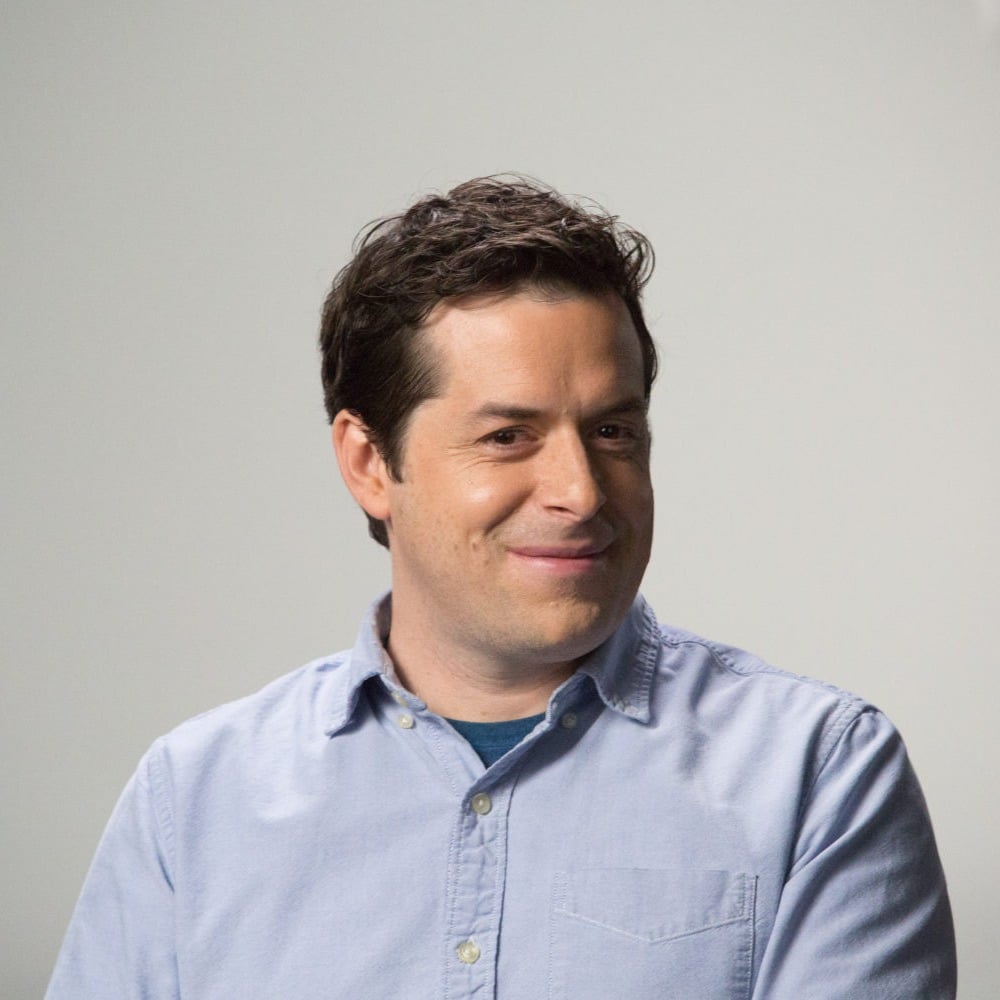It seems every public figure has “Our thoughts and prayers are with you” pre-written into their twitter feed these days. Every time a tragedy streams across the headlines, we can rest assured there will be plenty of “thoughts and prayers” to follow. But is that really the right response to tragedy?
More than a Platitude
The biggest issue people often have with this response is that we say it but don’t mean it. I have caught myself doing this on more than one occasion. I try to encourage someone or cheer someone up and I say, “I’ll pray for you.” But then the day gets away from me and I forget. I now make it a habit to pray immediately when I say this, knowing my potential to forget. It’s one thing to tell someone you are thinking of them, but entirely different when you commit yourself to talking with the God of the universe on their behalf. No one needs another platitude. If you can’t commit to pray, then drop this out of your vocabulary and just say you are thinking of them. Thoughtfulness is itself an undervalued practice, but don’t cheapen prayer by making it a mere platitude.
We Need more Thoughtfulness and Empathy
Policies, plans, and action-steps are all areas of hot debate, no matter what the topic. Knowing what we should do about a difficult issue is, well, difficult. But thoughtfulness is always a correct step, a valued asset. More than being wise, thoughtfulness is an expression of empathy. An older friend of mine lost her husband recently. I didn’t have any great words of comfort. I couldn’t do anything to stop the pain or undo the loss. All I could really do was let her know she’s on my mind. I visited her, called her, and texted her so she would know she’s in my thoughts. I think our world could do with a bit more empathy and thoughtfulness. And in a day when the public space can be so divisive, it’s something both sides could do a bit more of.
Prayer Is Serious Work.
I’m reminded of one of my favorite White Chair Films featuring Whispering Danny. He was an atheist and so didn’t believe in prayer at all. But then his friend, Shane Kampe, got in a motorcycle accident. Check out his story HERE. The family was told he won’t survive. They decided to take him off life-support. Someone then came by and offered to pray for Shane. Danny had never prayed before but joined in anyways. The next morning the doctors planned on harvesting his donated organs. Instead, Shane wakes up and starts talking. Even if he did survive, the doctors thought a vegatative state would be the most they could hope for. This kind of back-from-the-dead crazy miracle isn’t normal, but it does show the raw potential of prayer. God can say, “No,” to a prayer, but the option exists for God to say, “Yes,” too. Because of this, prayer should not be discounted or declared unhelpful. Prayer is tapping into the very deepest power of the universe. Prayer is serious work.
Action Should Follow
I heard a parable once about a guy in a lifeboat. He prays for God to rescue him. Shortly after, a fisherman comes by and offers him a ride back to shore. “No thanks,” he responds. “God will answer my prayer.” Then a helicopter with a ladder flies over. But the man rejects the help with the same response. Finally, the coast guard comes by, but the guy refuses the help once again. Eventually, the man dies of exposure. He gets to heaven and says, “God, why didn’t you rescue me?” “What do you mean?” God responds. “I sent help three different times.”
When tragedy strikes prayer and thoughtfulness are powerful and meaningful first responses, but action should follow close behind. Thoughtfulness and prayer should actually cause action. These things open us up to God changing our hearts and minds and move us towards his plan for the world. When tragedy strikes, we should pray, but we should also take action and live second by donating time, money and energy towards practical solutions.

Doug Bender is an I Am Second writer and small groups coach. He developed many of the small group tools found at iamsecond.com and has coached churches, organizations, and individuals to use I Am Second groups to share the message of Jesus with their friends and family. He also works with I Am Second's parent organization, e3 Partners, as a church planter and pastor in countries such as Ethiopia, Colombia, and the US. Doug and his wife, Catherine, have four children: Bethany, Samuel, Isabella, and Jesse.